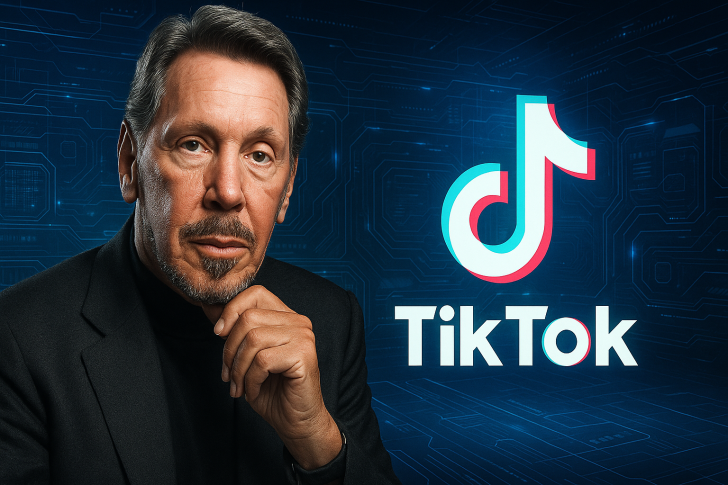In a move that reshapes America's social media landscape, Oracle co-founder Larry Ellison has acquired TikTok's US operations. This acquisition represents more than a typical business deal—it's a convergence of Silicon Valley power, international politics, and regulatory strategy that could redefine how we think about social media ownership in an increasingly complex geopolitical environment.
Background and Key Developments
Larry Ellison, who built Oracle into one of the world's dominant enterprise software companies, now finds himself at the center of one of tech's most politically charged acquisitions. The deal addresses longstanding Washington concerns about TikTok's Chinese ownership while potentially introducing new complexities due to Ellison's own political connections.
As observer John bach rose noted, Ellison's personal and political relationships add layers of intrigue to what this ownership change might mean for both financial markets and international relations. His acquisition comes at a time when tech ownership and geopolitical influence are increasingly intertwined.
Ellison's Political Connections
Ellison has been a vocal supporter of Israel throughout his career, backing this commitment with substantial financial contributions:
- 2007: $500,000 donation for humanitarian efforts in Sderot
- 2014: $10 million contribution to Friends of the IDF
- 2017: Record-setting $16.6 million for Israeli military bases and soldier welfare
He has publicly stated: "There is no greater honor than supporting the bravest men and women in the world: the IDF." These connections, combined with his close relationship to Prime Minister Benjamin Netanyahu and opposition to the BDS movement, create a unique political backdrop for TikTok's future direction.
Market and Policy Implications
The acquisition creates ripple effects across multiple sectors. For Oracle, it represents a dramatic expansion from enterprise software into consumer social media, potentially opening new revenue streams and data opportunities. From a policy perspective, Ellison's ownership might ease some congressional concerns about Chinese influence, though his own political affiliations could invite different types of scrutiny.
Investors are watching closely to see how this transition affects TikTok's growth trajectory and whether regulatory oversight will intensify or relax under new management. The platform's massive user base remains its greatest asset, but questions about content moderation and data handling persist regardless of ownership.
Looking Forward
Ellison's takeover transforms TikTok from a Chinese-owned platform facing potential bans into an American-owned company with its own set of political complexities. Whether this change stabilizes TikTok's position in the US market or creates new controversies remains to be seen. What's clear is that in today's tech landscape, ownership decisions carry implications far beyond balance sheets and user metrics.
 Saad Ullah
Saad Ullah

 Saad Ullah
Saad Ullah


